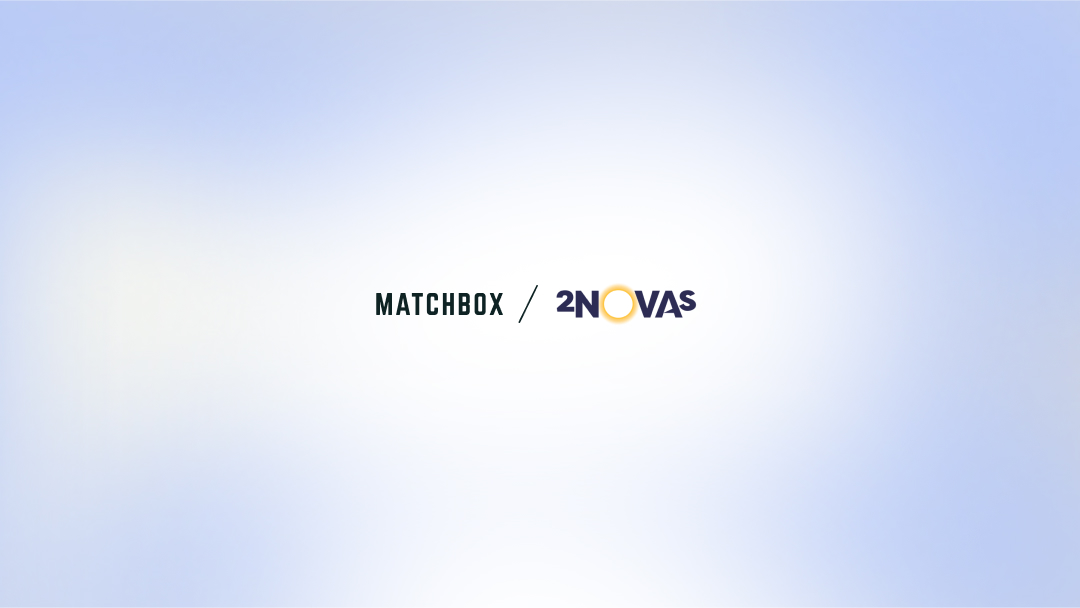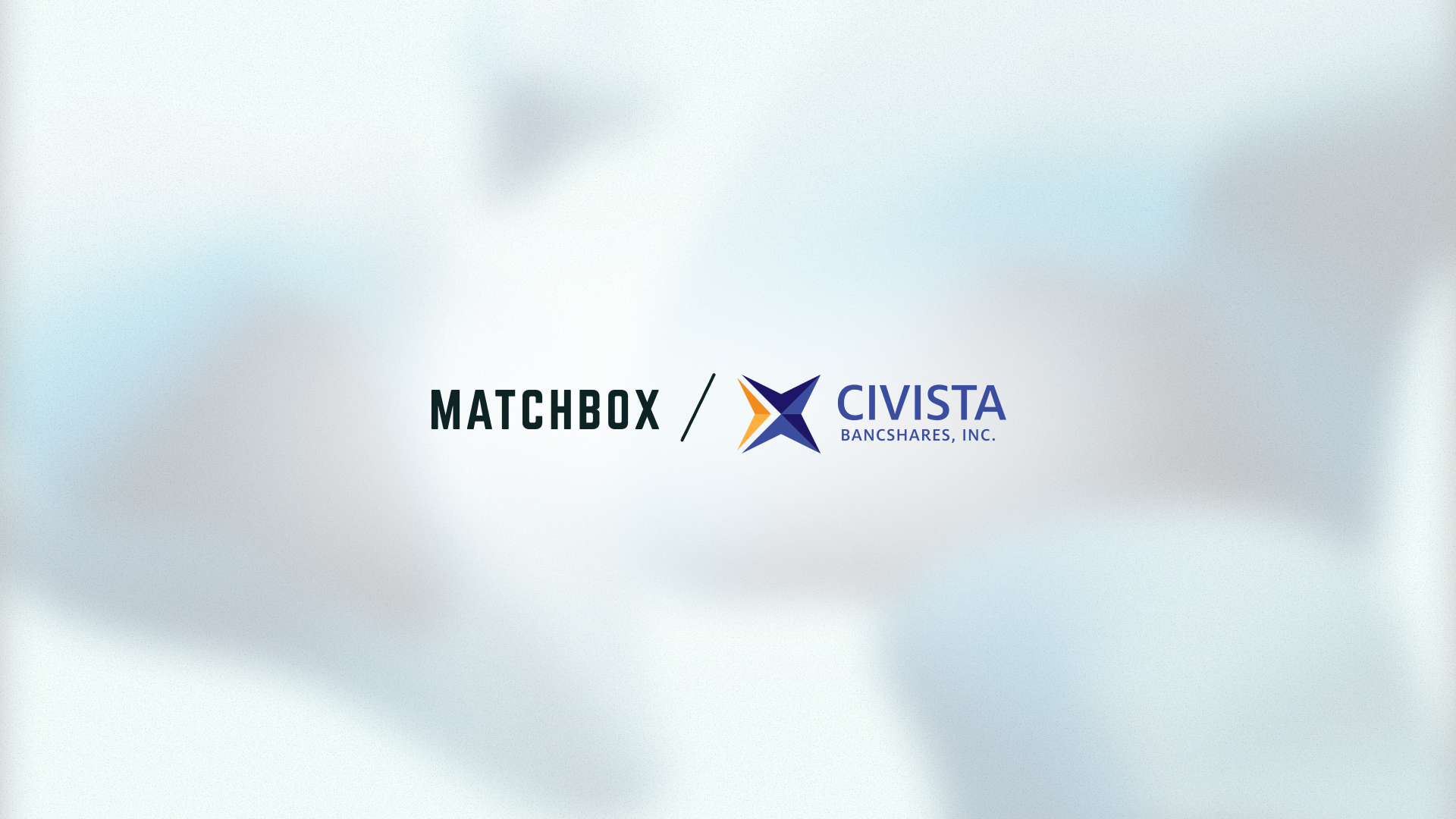Estimated reading time: 9 minutes
In the dynamic world of e-commerce, the pursuit of a high-performance online store emerges as a prerequisite for gaining success. A leader in contemporary web development, the MERN stack – comprising MongoDB, Express.js, React, and Node.js – has grown in popularity due to its ability to build resilient and scalable web applications. The article dives deeper into the strategic deployment of the MERN Stack, with a specific emphasis on the dynamic combination of React and MongoDB.
According to the MERN Stack Online Training or offline training program, React, a powerful JavaScript library, takes the center position in building a cutting-edge user interface, presenting responsiveness and interactivity. Its component-based architecture MERN fosters the development of modular and reusable components, simplifying the development of seamless user experiences. Furthermore, React is combined with MongoDB, a NoSQL database popular for its versatility in managing diverse data types and scalability for large datasets. The schema-less design of MongoDB enables agile development while also accommodating the intricate product hierarchies common in e-commerce platforms.
React and MongoDB jointly synergizes to build a robust basis for curating avant-garde online stores. The comprehensive combination of the MERN stack not only fulfills the performance requirements of modern e-commerce but also equips developers to navigate the intricacies of dynamic market landscapes, guaranteeing their online ventures are not just successful but stand at the forefront of innovation.
Related Links
What Is The MERN Stack?

The MERN stack, an acronym encompassing MongoDB, Express.js, React.js, and Node.js, represents a comprehensive and dynamic technology stack that has become increasingly popular for developing web applications, particularly in the realm of e-commerce. Each component of the MERN stack plays a distinct role in the development process, contributing to the stack’s versatility, scalability, and efficiency.
MongoDB: A NoSQL Powerhouse
MongoDB serves as the foundational database for the MERN stack. As a NoSQL database, MongoDB employs a document-oriented model, allowing for flexible and scalable data storage. This is particularly advantageous in the context of e-commerce applications, where managing diverse data types, such as product information and user data, is essential. MongoDB’s schema-less design enables agile development and accommodates the intricate hierarchies often found in e-commerce platforms.
Express.js: Streamlining Backend Development
Express.js, a lightweight and flexible web application framework for Node.js, takes center stage in managing the server-side aspects of the MERN stack. It facilitates the creation of RESTful APIs, crucial for seamless communication between client-side and server-side components. Express.js brings structure and organization to the backend development process, contributing to the overall scalability and sustainability of e-commerce applications.
React.js: Crafting Dynamic User Interfaces
React.js, developed by Facebook, is a powerful JavaScript library that shines in creating dynamic and responsive user interfaces. With its component-based architecture, React fosters the development of modular and reusable components. This characteristic is particularly valuable in the e-commerce landscape, where the presentation of a cutting-edge user interface significantly influences user engagement and satisfaction. React’s virtual DOM and component reusability contribute to the seamless navigation of complex product hierarchies common in online stores.
Node.js: Scalable Server-Side Execution
Node.js, leveraging JavaScript on the server side, is renowned for its non-blocking, event-driven architecture. This makes it highly scalable, and capable of efficiently managing numerous concurrent connections—a crucial feature for e-commerce applications that experience varying levels of traffic. Node.js enhances the overall performance and responsiveness of the MERN stack, ensuring a smooth and efficient backend execution.
In essence, the MERN stack brings together these four technologies to offer a unified, end-to-end solution for web development. By seamlessly integrating MongoDB, Express.js, React.js, and Node.js, developers can create robust and dynamic online applications, making the MERN stack a preferred choice for organizations aiming to excel in the competitive landscape of e-commerce.
MERN Stack’s Role In Crafting State-Of-The-Art Online Stores: A Special Emphasis On React And MongoDB

The role of MERN Stack in building high-performance online shops with React and MongoDB is outlined below:
- Developing The Foundation with MongoDB: MongoDB is a NoSQL database that serves as the basis of the MERN stack. Its versatility permits developers to model complex e-commerce data structures easily. Further, there exists an emphasis on the advantages of leveraging MongoDB for e-commerce. This promotes its ability to manage large datasets, scale horizontally, and offer rapid and agile development.
- Express.js for Backend Scalability: Express.js is a lightweight and versatile Node.js framework that complements MongoDB by promoting server-side management. Express.js plays a vital role in managing HTTP requests, routing, and middleware. This highlights how it contributes to building a scalable and maintainable backend for e-commerce applications.
- React for Dynamic and Responsive UI: React is a JavaScript library built by Facebook that takes the limelight in developing a dynamic and responsive user interface. It dives deeper into the virtual DOM, component-based architecture, and the reusability of React elements. This demonstrates how these characteristics improve the user experience in an e-commerce environment.
- State Management with Redux: Effective state management is vital for managing the complex state transitions in an e-commerce application. It discovers the combination of Redux with React to handle global states, discussing the advantages of a centralized state container for tracking user actions, handling the shopping cart, and guaranteeing a smooth navigation experience.
- Optimizing Performance and User Experience: Performance is a vital component in e-commerce success. This component discusses approaches for optimization of the performance of a MERN stack e-commerce application. It covers topics like code splitting, lazy loading, and server-side rendering with React to improve page load times. In addition, it also discovers MongoDB’s indexing strategies to guarantee effective data retrieval.
- Security Considerations: Security is a priority in any online store. This component addresses security considerations in both React and MongoDB, covering topics such as input validation, authentication, and authorization. It encourages the significance of protecting data in transit and at rest. This guarantees a safe and trustworthy ecosystem for both customers and administrators.
Why Choose MERN Stack For E-Commerce?

MERN stack – the acronym for MongoDB, Express.js, React.js, and Node.js, is a preferred choice for building e-commerce applications due to its flexibility, scalability, and efficiency. Some of the major compelling reasons why you must consider MERN Stack training to build E-Commerce applications are:
- Full-Stack JavaScript: MERN stack permits developers to use JavaScript throughout the complete development stack, from the server to the client. This uniformity streamlines the development process, making it convenient for developers to switch between different components of the application.
- React for Dynamic User Interfaces: React.js, a JavaScript library for developing user interfaces, excels in developing dynamic and responsive UIs. In the context of e-commerce, React’s component-based architecture promotes the development of interactive and seamless shopping experiences, improving user engagement.
- Node.js for Scalability: Node.js, leveraged on the server side, is popular for its non-blocking, event-driven architecture, making it highly scalable and capable of managing numerous concurrent connections. This is vital for e-commerce applications that may experience different levels of traffic.
- Express.js for Backend Structure: Express.js, a web application framework for Node.js, offers a robust and organized structure for developing the backend of an e-commerce platform. It streamlines the development of RESTful APIs, which are necessary for communication between the client-side and server-side components.
- MongoDB for Flexible Data Storage: MongoDB, a NoSQL database, provides flexibility in data storage with its document-oriented model. This is beneficial for e-commerce applications as product information, user data, and other details can be stored in a scalable and easily accessible format.
Conclusion:
The MERN stack, comprising MongoDB, Express.js, React.js, and Node.js, emerges as a powerful and preferred choice for crafting state-of-the-art online stores. React, with its dynamic and responsive UI capabilities, takes the lead in enhancing user experiences, while MongoDB’s NoSQL database provides the flexibility and scalability required for managing diverse e-commerce data structures. The synergy of these technologies creates a robust foundation for developing modular and reusable components, ensuring seamless navigation through intricate product hierarchies common in e-commerce platforms.
The MERN stack not only meets the performance demands of modern e-commerce but also equips developers to navigate the complexities of dynamic market landscapes. By emphasizing full-stack JavaScript development, dynamic user interfaces with React, scalable backend structures with Node.js, and flexible data storage with MongoDB, the MERN stack simplifies the e-commerce development process. It offers a unified language for developers, streamlining the creation of RESTful APIs, optimizing performance, and addressing security considerations.
As organizations strive for innovation and excellence in online retail, the MERN stack proves to be a pivotal asset. Its versatility, scalability, and efficiency make it an ideal choice for those seeking to build robust, dynamic, and secure online shopping applications.
Contact Matchbox Design Group Today!
If your website could use a refresh, if you’re looking to drive more traffic to your site, or you would like to submit a guest post, fill out the form below and we’ll contact you to learn more about your digital needs.
MERN Stack FAQ
Q: What is MERN vs fullstack?
A: MERN, an acronym for MongoDB, Express.js, React.js, and Node.js, represents a specific technology stack for web development, while “fullstack” generally refers to developers proficient in both frontend and backend technologies. MERN is a subset of the broader full-stack, specializing in JavaScript-based tools for a unified development experience.
Q: Is MERN stack easy?
A: Yes, the MERN stack is known for its relative ease of use. Leveraging JavaScript throughout the entire development stack, from server to client, provides a unified language and streamlines the development process. The component-based architecture of React and the non-blocking, event-driven nature of Node.js contribute to a developer-friendly environment.
Q: Is MERN stack highly paid?
A: Compensation for MERN stack developers can vary, but proficiency in this stack is often associated with competitive salaries. The demand for MERN stack expertise, especially in the context of building dynamic and scalable web applications, contributes to its recognition in the job market.
Q: Is MERN outdated?
A: No, as of the last update in 2023, the MERN stack remains relevant and widely used in the web development industry. Its popularity is attributed to its flexibility, scalability, and efficiency, making it a preferred choice for building modern and high-performance online applications.
Q: Should I learn full stack or MERN stack?
A: The choice between learning full stack or MERN stack depends on your career goals and preferences. Learning the full stack involves gaining expertise in both frontend and backend technologies while focusing on the MERN stack provides a specialized and efficient approach, particularly for JavaScript enthusiasts.
Q: What is the drawback of the MERN stack?
A: One potential drawback of the MERN stack is its JavaScript-centric nature. While this offers a unified language, it may limit the stack’s versatility in environments where other languages are preferred. Additionally, the asynchronous programming paradigm of Node.js may pose a learning curve for developers new to this approach.



